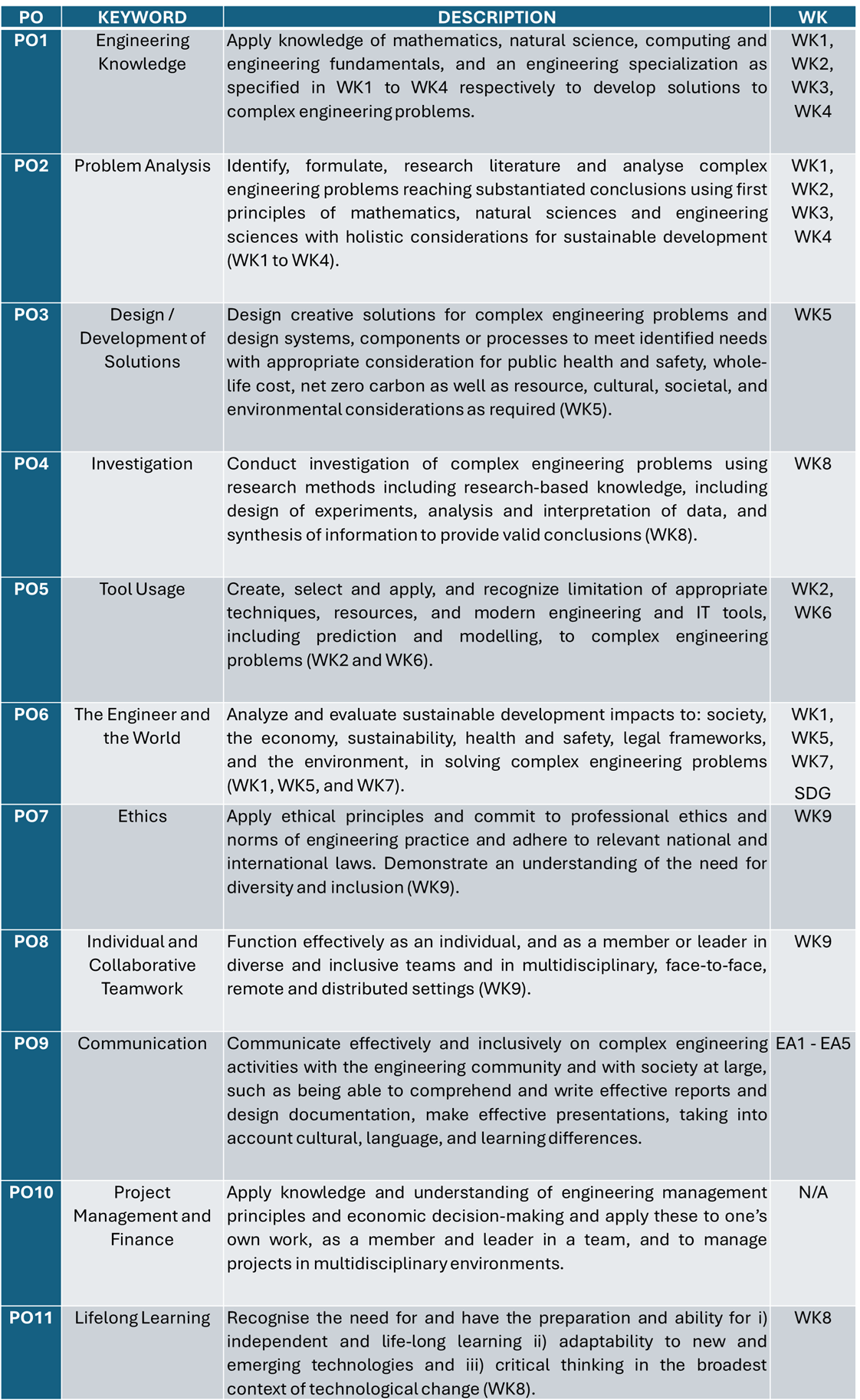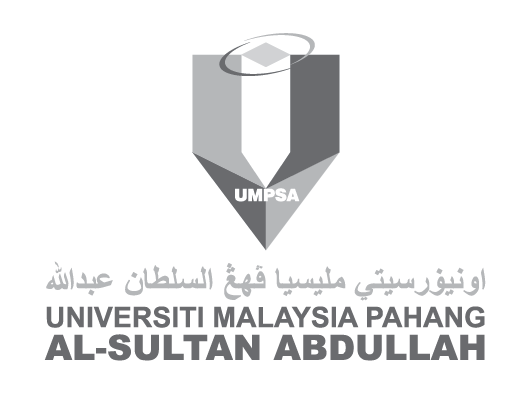Welcome to
Bachelor of Electrical Engineering with Honours - BEL
A bachelor graduate programme contains strong knowledge of the electrical and electronic system. It consists of design, construction, production, maintenance, experimentation, and control over components and equipment of electrical systems. To realize this industrialization objective, electrical and electronic engineers must strive for excellence in invention and innovation, managing and administrating electrical and electronic equipment
PROGRAM INFO
Bachelor of Electrical Engineering with Honours - BEL
The Bachelor of Electrical Engineering with Honours program is an accredited and highly specialized 8-semester program that offers comprehensive education in the field of electrical engineering. The program combines theoretical coursework, hands-on laboratory exercises, and industry-relevant capstone projects to prepare students for the dynamic and ever-evolving industry.
For more information, please contact:
DR. NORAZILA BINTI JAALAM
Email: zila@umpsa.edu.my
PROGRAM EDUCATIONAL OBJECTIVES

PROGRAM LEARNING OUTCOMES

|
YEAR 1 BCI1103 Computer Programming BEL1233 Digital Electronics UHL2400 Fundamentals of English Language BUM2123 Applied Calculus UHF11*1 Foreign Language Level 1 UQA2002 Co-Curriculum BEL1123 Circuit Analysis 1 BEL1233 Analog Electronics BEL1133 Instrumentation & Measurements UHL2412 English for Academic Communication BUM2133 Ordinary Differential Equation UHC1012 Falsafah dan Isu Semasa
KUK2443 Numerical Methods & Optimization BEL2123 Electromagnetic Fields Theory 1 BEL2113 Circuit Analysis 2 BEL2313 Principles of Communication Systems BEL2612 Electrical Engineering Laboratory 1 UHL2422 English for Technical Communication UHF21*1 Foreign Language Level 2 KUK2142 Engineering Economics BEL2323 Principles of Control Systems BEL2133 Electromagnetic Fields Theory 2 BEL2413 Electrical Power System BEL2622 Electrical Engineering Laboratory 2 UHL2432 English for Professional Communication UHS2022 Soft Skills UHE3**2 Elective Social Science
KUK3562 Occupational Safety & Health BEL3213 Signals & Systems BEL3111 Engineering Design Principle BEL3513 Electrical Machines BEL3612 Electrical Engineering Laboratory 3 UHC2022 Penghayatan Etika dan Peradaban BUM2413 Applied Statistics KUK3022 Engineers in Society BEL3413 Electrical Installation Design BEL3423 Power System Analysis BEL3523 Power Electronics BEL3622 Electrical Engineering Laboratory 4 BEL3724 Integrated Design Project BEL3715 Industrial Training (LI)
KUK4412 Project Management BEL4413 Electrical Power Generation and High Voltage Engineering BEL4423 Power System Operation & Control BEL4513 Electronic Drives & Applications BEL4712 Undergraduate Research Project 1 KEB4**3 Free Elective 1 BEL4724 Undergraduate Research Project 2 BEL4**3 Engineering Elective 1 BEL4**3 Engineering Elective 2 KEB4**3 Free Elective 2 UGE2002 Technopreneurship
Electives BEL4433 Power Quality BEL4443 Renewable Energy System BEL4523 Power System Protection BEL4223 Embedded Controller Technology BEL4213 Rapid Electronic System Prototyping BEL4313 Microwave Engineering BEL4453 Forensic Engineering |

